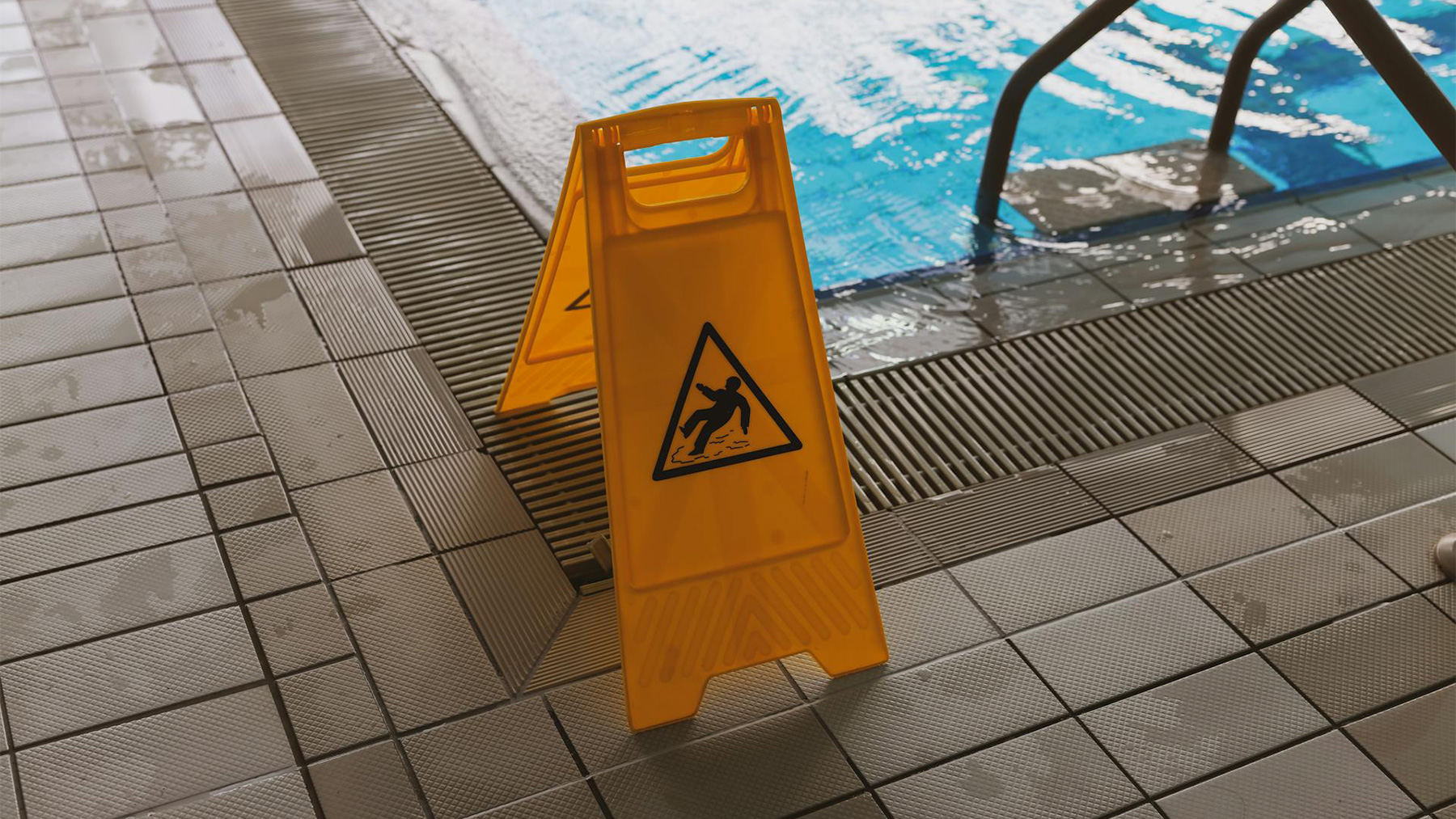Slip and fall accidents happen when you least expect them—in grocery stores, parking lots, apartment complexes, or even at work. While some result in minor bumps or bruises, others cause serious injuries that affect your ability to work, care for your family, or enjoy everyday life. If you've been hurt in a fall due to unsafe conditions, you may be entitled to compensation. But to get there, you must first prove liability.
What Is a Slip and Fall Accident?
A slip and fall accident occurs when someone slips, trips, or falls due to a hazardous condition on someone else’s property. These are commonly categorized under "premises liability" claims, which hold property owners or managers responsible for maintaining reasonably safe environments.
Common Causes of Slip and Fall Accidents
Slip and fall incidents can result from various unsafe conditions, including:
- Wet or freshly mopped floors without warning signs
- Uneven pavement or broken sidewalks
- Poor lighting in stairwells or walkways
- Torn carpets or unsecured rugs
- Ice or snow accumulation
- Spills left uncleaned in public spaces
Each of these hazards may point to negligence—but establishing fault isn't always straightforward.
Proving Liability in a Slip and Fall Case
To successfully bring a slip and fall claim, you must demonstrate that the property owner or manager:
- Knew or Should Have Known About the Hazard: If the dangerous condition existed long enough that a reasonable person would have noticed it and addressed it, this can support your claim.
- Failed to Take Reasonable Steps to Fix or Warn About the Hazard: Examples include not cleaning up a spill promptly or failing to post warning signs.
- Caused the Hazard Themselves: For instance, if an employee mopped a floor and didn’t use caution signage, the business may be liable.
Additionally, you must show that you were using the property lawfully (not trespassing) and that your own actions were reasonable.
Evidence That Can Strengthen Your Claim
The more evidence you have, the better your chances of a successful claim. Useful documentation includes:
- Photographs of the scene and hazard
- Medical records and documentation of injuries
- Witness statements
- Surveillance footage (if available)
- Incident reports filed at the scene
What Compensation Might Cover
If your claim is successful, you may be entitled to compensation for:
- Medical expenses (past and future)
- Lost wages or reduced earning capacity
- Permanent disability or disfigurement
- Out-of-pocket expenses related to your recovery
Note: Pain and suffering damages may also apply in personal injury cases like slip and falls, but are not available in workers' compensation claims.
When the Fall Happens at Work
If your slip and fall occurred on the job, your case may fall under workers' compensation law instead of premises liability. You do not need to prove negligence to recover benefits in a workers' comp case. However, the types of compensation differ, and pain and suffering are not covered. It's crucial to consult an experienced attorney to determine which type of claim applies.
Do You Need a Lawyer?
Slip and fall cases often involve complex questions about negligence, liability, and insurance coverage. a personal injury attorney can:
- Evaluate the strength of your case
- Gather critical evidence
- Communicate with insurers on your behalf
- Negotiate a fair settlement or take your case to court if needed
Talk to Shankle Law Firm Today
At Shankle Law Firm, we believe in fighting for people, not profits. If you or a loved one has been injured in a slip and fall accident, contact our team for a free consultation. We’ll help you understand your rights and guide you through the legal process with compassion, honesty, and relentless advocacy.
*Please Note - The content on this website is for informational purposes only and does not constitute legal advice. Viewing this site, using information from it, or communicating with Shankle Law Firm, PA through this site does not create an attorney-client relationship. For legal advice tailored to your situation, please contact us directly at (704) 370-1212.

